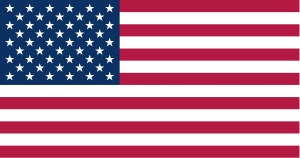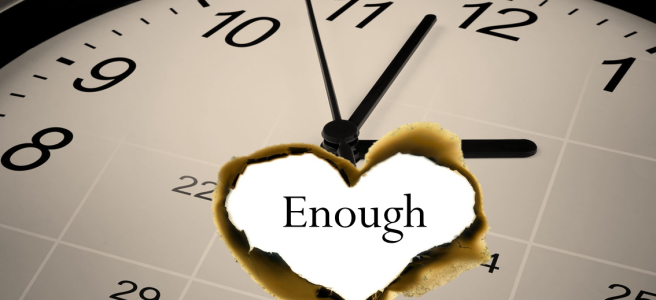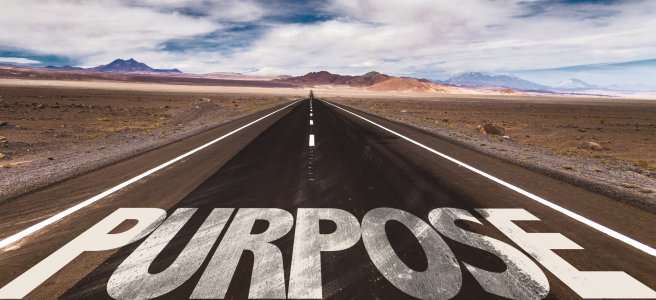
The ride home was uneventful. Clark steered his new vehicle cautiously through traffic, feeling as though every eye was on him, every other vehicle turning into his, and his insurance premium atop his mind.
He maneuvered deftly down his street and turned smoothly into his driveway, feeling the bounce between the street and driveway. With an emphatic bump of his fist, he sounded the horn and awaited his family’s arrival and, more importantly, their reaction.
His son bounded out of the house first, smiling as he saw the new vehicle.
“Cool!” he said, seemingly capturing all his son’s feelings in one syllable.
His daughter came out next, still holding her cell phone and seemingly bothered by the interruption.
“What do you think?” Clark asked, eager for some acknowledgment of his latest purchase.
She responded, “Cool,” although this version seemed to carry disdain and judgment rather than excitement.
His wife arrived next.
“Seriously, Clark?” she said, more in the vein of their daughter than their son.
As they all sat around the dinner table, passing the plate of DiGiorno pizza, corn, and macaroni & cheese, Clark began to explain the reasoning for his purchase.
“The evolution of self-propelled transportation, while still measured in “horse” power, began with the sedan. “Sedan” was named after litter. Can anyone tell me what a litter is?” Clark questioned.
The children bowed their heads as if their plates held mysteries of the universe previously undiscovered. They knew their father was about to go into one of his history lessons, and they wanted dinner to be history. Finally, with a mouth full of pizza, Clyde, the son, smiled and said, “It’s the place where the cat squeezes off a loaf!”
Karen, Clark’s wife, admonished Clyde while Clark attempted to stifle the smile the visual represented.
Caroline, their daughter, remained transfixed by her plate.
“A litter,” Clark continued, “is a box with extending poles a pharaoh or dignitary would sit in and then be transported by servants carrying the poles.”
“Like in Game of Thrones!” exclaimed Clyde.
“What are you doing watching Game of Thrones?” asked Karen.
“Oh, um, Kenny had it on at his house once, and I saw Joffrey being carried in one. A litter.”
Sensing the conversation getting away from him, Clark recentered the topic back to automobiles.
“Well, yes, that is a litter. That’s where the term sedan originated. It was a sedan chair. As time went on, the size of automobiles grew and shrank with market forces and gas prices. However, in the last decade of the last century, people moved from sedans to SUVs. Some liked the size advantage for safety reasons, some felt they needed to keep up with the growing size, and some liked the aggressiveness of the size, likening it to the HUMVEES from the military. For example, do you remember what we had before the Grand Cherokee?”
“The Camry,” replied Caroline in her typical, disengaged drone.
“Right!” said Clark, “I sold the Camry because I didn’t feel safe driving in the sea of SUV’s! I couldn’t see around them, and their windows were too high (and too blacked out, don’t get me started on window tinting) to see through when I was behind them. I loved that Camry, but it would have been crushed in an accident with the SUV beasts everyone bought!”
Suddenly interested, Clyde asked, “So why did we get rid of the Jeep?”
“Because, again, sizes kept growing. To gain an advantage over the SUVs, I bought a pickup truck. And when that was no longer enough, I put the huge tires on it,” explained Clark.
And that explains the new one?” asked his wife.
“Exactly!” replied Clark, pleased the conversation was over. He missed his Camry. “I wanted the camo package, but the waitlist on that version was six months.”
“Seriously, tell me what you think of the new vehicle?” asked Clark.

“Is it big enough?” smirked Karen.
“I think it’s cool!” said Clyde.
“Yes, we’ve established that,” said Clark.
Before Caroline could reply, they heard a sound from outside, and they all went out to see their neighbor Bill pulling into his driveway with his new vehicle.

“Thoughts?” asked Karen.
“Damn it!” replied Clark, “And he got the camo package!”










